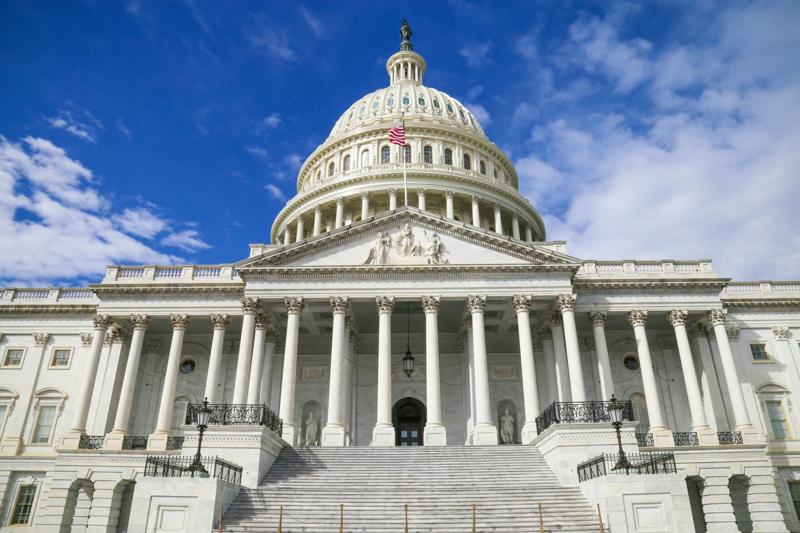Congress’s gigantic reconciliation bill, which passed the U.S. House last month, includes billions of dollars for artificial intelligence and machine learning program investments.
The bill sets landmark goals for implementation of AI in government agencies, defense preparation and social services tracking.
The legislation allocates more than $1 billion in available funds until 2029 for procurement of artificial intelligence technology to combat drug trafficking at the United States’ northern, southern and maritime borders.
The government will allocate $500 million to replace legacy technology systems at the Commerce Department with AI. The investment will continue until 2034.
The aim for the investment is to “improve the cybersecurity posture of Federal information technology systems through modernized architecture, automated threat detection, and integrated artificial intelligence solutions,” according to the bill.
Several defense projects are expected to get upgrades through the increased AI investment. These investments include $450 million to use AI for naval shipbuilding, $150 million for AI-powered drones and $124 million to the Department of Defense’s test resource management center to further develop AI capabilities.
AI is also set to receive a $200 million investment boost until 2029 to expedite the audits of its financial statements. This investment comes after the Pentagon failed its seventh audit in a row in 2024.
Additionally, AI is expected to help reduce and recoup improper payments made through Medicare.
The Department of Health and Human Services reported an estimated $100 billion in improper payments in the Medicare and Medicaid programs in fiscal year 2023. That accounts for 43% of the government-wide total improper payments for that year, according to a report from U.S. Government Accountability Office.
The bill also imposes a 10-year ban on state and local governments from enforcing laws that would regulate the development of data centers powering artificial intelligence.
The bill said this effort is to “streamline licensing, permitting, routing, zoning, procurement, or reporting procedures in a manner that facilitates the adoption of artificial intelligence models” across the country.
U.S. Rep. James Comer, R.Ky., announced a hearing set for June 5 to further examine ways the government can invest in AI. The hearing is planned in response to President Trump’s Jan. 23 executive order on AI.
The hearing will examine the global landscape of artificial intelligence, focusing on the federal government deploying the technology to improve efficiency, reduce fraud and provide better customer services to the taxpayers.
“As AI adoption accelerates, the federal government needs to be prepared to deploy this transformative technology efficiently and effectively,” Comer said in a statement. “I look forward to working alongside my colleagues to unleash AI responsibly and ensure the federal government leads innovation while protecting the interests and rights of all Americans.”
While the bill has passed the House, revisions are expected in the Senate which could change amounts of federal investments in AI.






